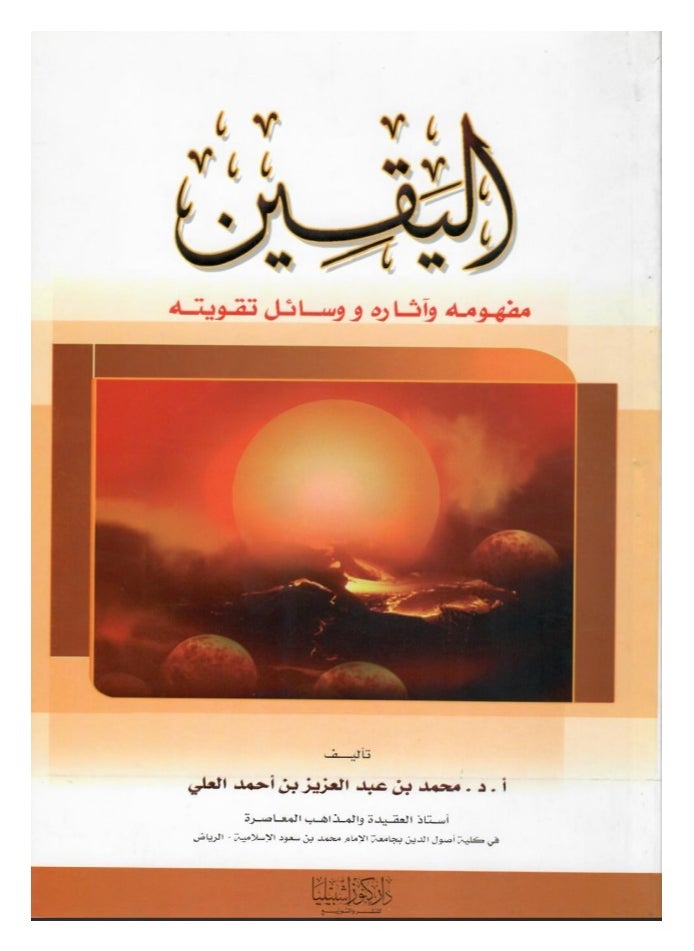Specifications
| Publisher | CRC Press |
| ISBN 13 | 9780367251499 |
| ISBN 10 | 367251493 |
| Book Description | Forensic Science: The Basics, Fourth Edition is fully updated, building on the popularity of the prior editions. The book provides a fundamental background in forensic science, criminal investigation and court testimony. It describes how various forms of evidence are collected, preserved and analyzed scientifically, and then presented in court based on the analysis of the forensic expert.The book addresses knowledge of the natural and physical sciences, including biology and chemistry, while introducing readers to the application of science to the justice system. New topics added to this edition include coverage of the formation and work of the NIST Organization of Scientific Area Committees (OSACs), new sections on forensic palynology (pollen), forensic taphonomy, the opioid crisis, forensic genetics and genealogy, recent COVID-19 fraud schemes perpetrated by cybercriminals, and a wholly new chapter on forensic psychology.Each chapter presents a set of learning objectives, a mini glossary, and acronyms. While chapter topics and coverage flow logically, each chapter can stand on its own, allowing for continuous or selected classroom reading and study.Forensic Science, Fourth Edition is an ideal introductory textbook to present forensic science principles and practices to students, including those with a basic science background without requiring prior forensic science coursework. |
| About the Author | Kathy Mirakovits is currently the principle of Forensic Science Education Consulting, LLC, a training resource providing workshops across the United States for teachers who wish to learn the application of forensic science in a school curriculum. She is a now-retired teacher to taught forensic science and physics at Portage Northern High School in Portage, Michigan, and physics at Kalamazoo Valley Community College in Michigan. She holds an MS in science education from Western Michigan University. She taught general science, physical science, chemistry, biology, earth science, and physics at the high school and two-year college level for more than 25 years. She also conducts. She has developed numerous forensic science educational products and has led workshops at the National Science Teachers Association. Kathy has served as president of the Michigan Chapter of the American Association of Physics Teachers and as a curriculum writer for the Michigan Department of Education. She was previously the high school director for the Michigan Science Teachers Association. She received the RadioShack Science Teaching Award and was a state finalist for the Presidential Award for Excellence in Math and Science Teaching. Jay A. Siegel (Deceased) held a PhD in analytical chemistry from The George Washington University and received its Distinguished Faculty Scholar award in 2009. He worked as a forensic chemist with the Virginia Bureau of Forensic Sciences for three years before spending 25 years as a professor and director of the forensic science program in the School of Criminal Justice at Michigan State University. In 2003 he went to Indiana University–Purdue University as founder and director of the forensic and investigative sciences program in the School of Science. In 2008 he was named the chair of the Department of Chemistry and Chemical Biology. He retired in 2012 and, sadly, passed away in September 2017 at the age of 71. Dr. Siegel was the co-editor of Forensic Science Policy and Management: An International Journal and Encyclopedia of Forensic Sciences, Second Edition, the co-author of Fundamentals of Forensic Science, and the author of Forensic Science: A Beginner’s Guide. He testified over 200 times in federal and military courts, and was named distinguished fellow of the American Academy of Forensic Sciences in 2009. |
| Language | English |
| Author | Kathy Mirakovits |
| Publication Date | 2021-07-06 |
| Number of Pages | 714 pages |
Forensic Science: The Basics, Fourth Edition
Added to cart
Cart Total SAR 0.00




























































































































